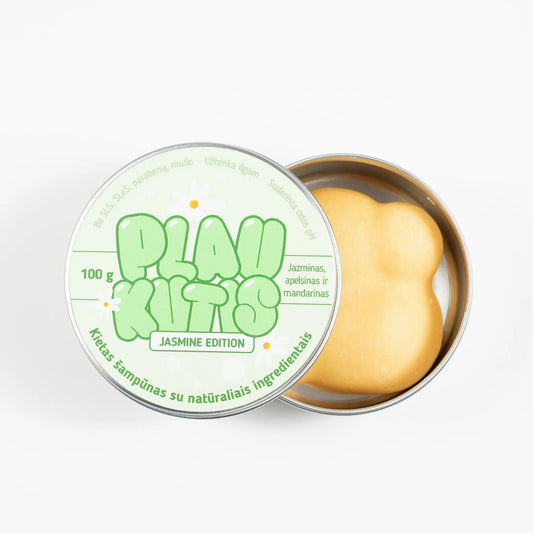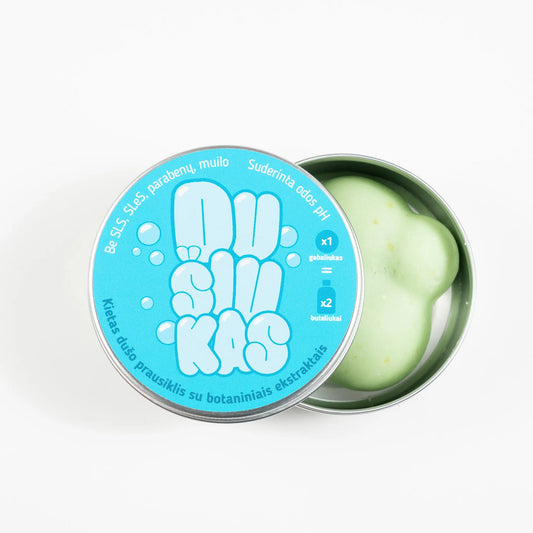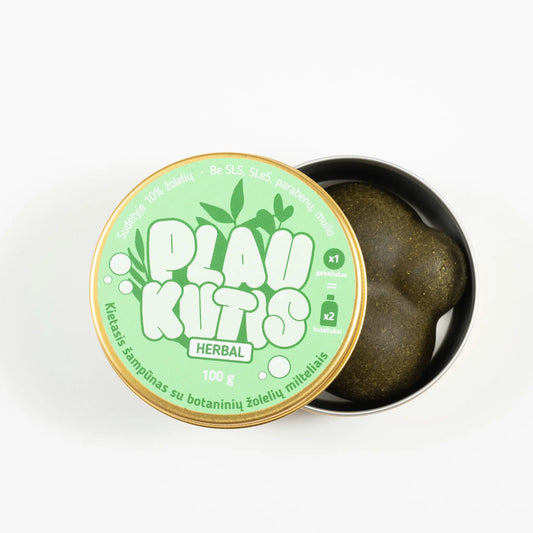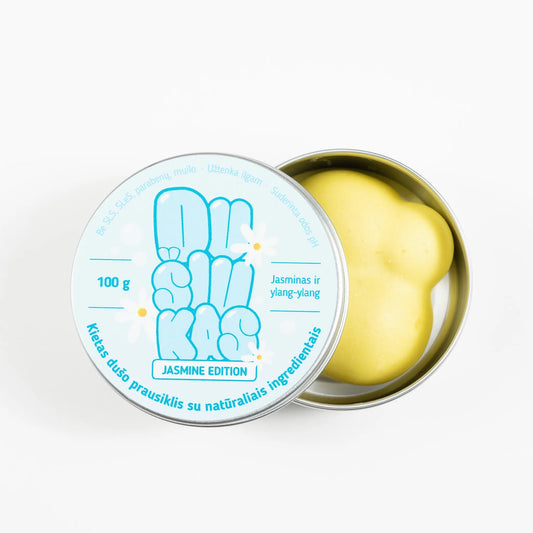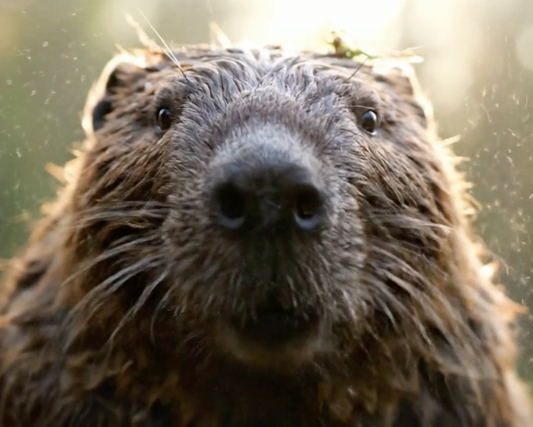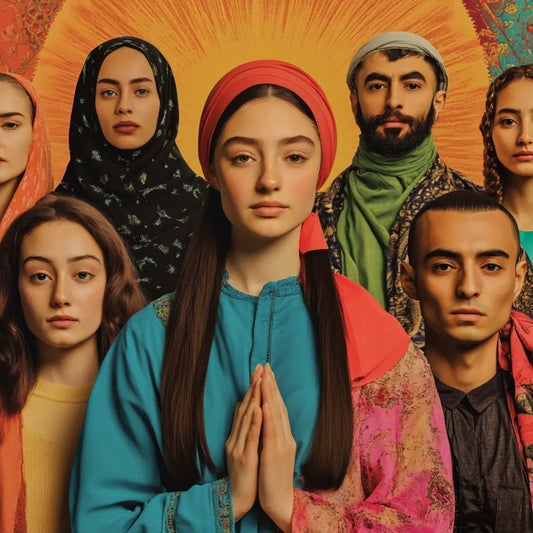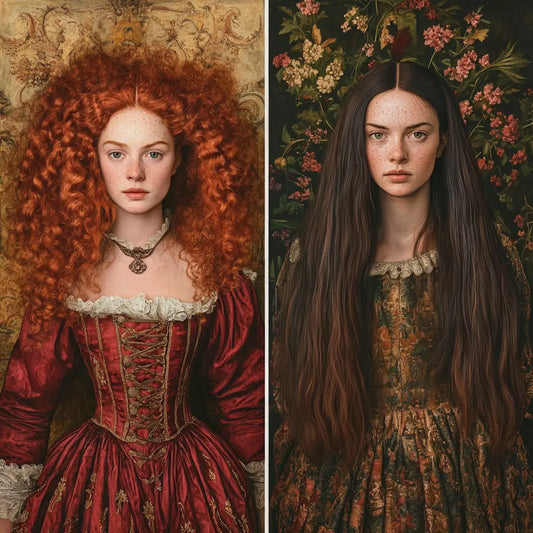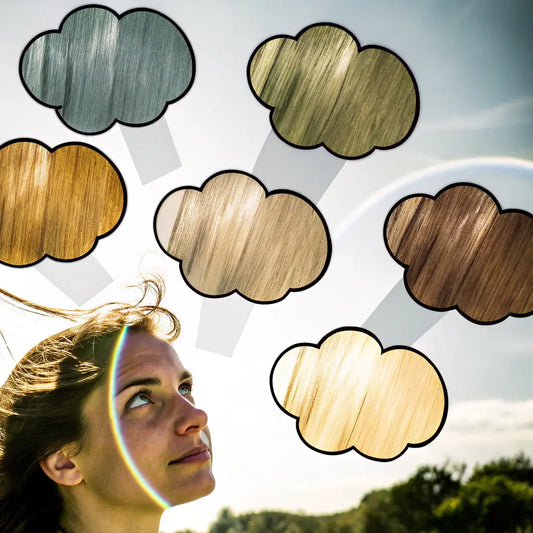Have you ever wondered why your hair isn’t as strong or shiny as you’d like, even though you’re using the best shampoos and masks? Here’s the secret: true hair health starts from the inside out. The vitamins and minerals you consume every day can have a huge impact on the appearance and condition of your hair. In this article, we’ll discuss the key nutrients that are essential for healthy, strong hair, as well as share some lesser-known facts, interesting numbers, and cultural examples. Whether you’re looking to promote hair growth, reduce hair loss, or simply keep it strong and beautiful, these tips are for you!
Vitamin A: The Hidden Secret of the Scalp
Vitamin A: What is it and why is it important?
Vitamin A is not only good for your vision, but it’s also essential for your scalp. This vitamin stimulates the production of sebum, the scalp’s natural moisturizer. Without sebum, hair becomes dry, brittle, and can break. However, too much vitamin A can also be harmful and cause hair loss. Balance is key!
How does sebum production help hair grow?
Sebum is the natural conditioner for hair. It locks in moisture and protects hair from environmental damage. Fun fact: Each hair follicle produces about 20 nanoliters of sebum per hour . While that may seem like a small amount, your scalp produces enough sebum to cover all of your hair in a day. Sebum also keeps your hair follicles healthy, which is essential for growth.
Some cultures have long known about the importance of sebum for hair health. For example, in ancient Egypt, it was common to use oils and butters (like castor oil) to mimic sebum and protect the scalp from arid climates.
- Fun fact: Studies show that people with low sebum production are more prone to hair breakage. Regular scalp massage can improve sebum production and promote hair growth.

The best sources of vitamin A for hair
Supplementing your diet with vitamin A is easy, as many everyday foods are rich in this vitamin. Here are some great sources:
- Sweet potatoes ( one potato can provide over 500% of the daily value! )
- Carrots
- Spinach
- Kale
- Eggs
- Dairy products, such as milk and cheese
Traditionally, in Indian cuisine, leafy greens and brightly colored vegetables, rich in vitamin A, have been considered a source of healthy, thick hair. These foods could be the secret to your hair's strength.

B vitamins, especially biotin: hair strengthener
B vitamins and biotin: what are they?
When it comes to hair growth, B vitamins—especially biotin—are your best friends. These vitamins are essential for cell regeneration and support healthy hair follicles. Biotin (vitamin B7) is so important that a deficiency can lead to hair loss.
Biotin isn't the only B vitamin your hair needs. Vitamins like B3 (niacin), B6, and B12 are also essential to ensure your hair gets all the nutrients it needs.
Biotin and hair growth
Biotin helps produce keratin, the protein that makes up your hair. If your body doesn't have enough biotin, it can't produce enough keratin, which can make your hair thinner and weaker. Although biotin deficiency is rare, some conditions, like pregnancy or smoking, can reduce your body's levels of this vitamin.
- Did you know? Studies have shown that biotin supplements can increase hair thickness and reduce hair loss in women with thinning hair. A study published in the Journal of Clinical and Aesthetic Dermatology found that over 90 days, biotin supplements increased hair thickness by 12% and reduced hair loss by 32%.
In China, where long, shiny hair is considered a symbol of beauty, biotin-rich foods like soybeans and nuts are often part of the diet to maintain strong and healthy hair.
Other B vitamins for healthy hair
In addition to biotin, other B vitamins are also important:
- Vitamin B3 (niacin): Improves blood circulation in the scalp, ensuring that hair follicles receive the necessary nutrients.
- Vitamin B5 (pantothenic acid): Strengthens the hair shaft and prevents hair loss.
- Vitamin B6: Helps the body metabolize proteins, which are essential for hair structure.
- Vitamin B12: Promotes the production of red blood cells, which carry oxygen to hair follicles.
In Scandinavian countries, where fish is a part of the daily diet, it is often believed that fish rich in B vitamins, such as salmon, contribute to strong and healthy hair.
The best sources of B vitamins
Incorporating more B vitamins into your diet is easy! Here are some great sources:
- Eggs (one egg contains about 10 mcg of biotin – about 33% of your daily requirement)
- Whole grains, like oats and brown rice
- Chicken and turkey
- Fish, especially salmon and trout
- Leafy greens, like spinach
- Nuts and seeds
Including these foods in your diet will ensure that your hair gets all the nutrients it needs. In Japan, where a lot of fish is consumed daily, many believe that the B vitamins from seafood help keep their hair strong and shiny.
Vitamin D: The Sunshine Vitamin for Hair
Surprise – Vitamin D Helps Hair Grow
Did you know that vitamin D, which we get from sunlight, is essential for hair health? Vitamin D affects hair follicles, and a deficiency can cause hair thinning or even alopecia (patchy hair loss).
A 2019 study published in the International Journal of Molecular Sciences found that vitamin D helps create new hair follicles . A lack of vitamin D can cause existing follicles to become inactive, leading to thinning hair or slow regrowth.
- Fun fact: Countries with less sun exposure, like Finland and Norway, have higher rates of vitamin D deficiency and are more likely to report hair thinning. Conversely, in countries near the equator, like Brazil, strong, healthy hair is often associated with high levels of sunlight.

The best sources of vitamin D
While the sun is the best source of vitamin D, there are foods that will also help you increase your levels of this vitamin:
- Fatty fish, such as salmon and mackerel
- Vitamin D-fortified products, like milk and orange juice
- Mushrooms
- Egg yolks
Conclusion:
Hair health is directly related to what you consume. Vitamin A supports a healthy scalp balance, B vitamins, especially biotin, strengthen hair and promote growth, and vitamin D helps maintain healthy and active hair follicles. With the help of these vitamins, your hair can become longer, thicker, and stronger.
By including vitamin-rich foods such as carrots, eggs, or salmon in your diet, you will not only improve the condition of your hair, but also strengthen your overall health.
Myths and facts about our hair vitamins
- Myth: The more vitamins, the faster hair grows.
Fact: While vitamins are essential for hair health, too much of any vitamin (like A) can cause hair loss. It's all about balance! - Myth: Biotin alone can stop hair thinning.
Fact: While biotin is important, it's not a magic pill. A balanced diet is essential for healthy hair. - Fact: 90% of your hair is in the growth phase at any given time. The rest is in the resting or shedding phase, which is why we lose hair every day.
- Fact: Hair is made up of 95% keratin , a protein that your body produces from the nutrients you consume.
- Myth: Hair loss is only common in men.
Fact: By the age of 50, as many as 50% of women experience some degree of hair thinning.
Practical tips for including vitamins and minerals in your diet to strengthen your hair
- Include more vitamin-rich foods in every meal: Foods like sweet potatoes, salmon, and eggs can significantly improve the strength and shine of your hair.
- Use multivitamins if needed: If you are unable to get enough nutrients through your diet, multivitamins can help fill the gaps.
- Spend time outdoors: Enjoy sunlight to naturally increase your vitamin D levels, which are essential for hair follicle health.
- Drink enough water: Water helps carry nutrients to your scalp and hair, promoting healthy hair growth.
- Consult a doctor: If you notice significant hair loss, it is worth consulting with your doctor about possible nutritional deficiencies.

Frequently asked questions
- What foods are best for hair growth?
Foods like salmon, sweet potatoes, spinach, eggs, and whole grains are great for promoting hair health. - Does biotin really help hair grow faster?
Yes! Biotin helps produce keratin, which strengthens hair. However, it is most effective when combined with a balanced diet. - Can too much vitamin A cause hair loss?
Yes, too much vitamin A can cause hair thinning, so it's important to stick to the recommended dosage. - How long will it take for me to see results from taking vitamins?
Hair grows slowly, so it may take 3-6 months of regular vitamin use to notice significant changes. - Are there other vitamins that support hair health?
Yes! Vitamin C helps produce collagen, and vitamin E improves blood circulation to the scalp, both of which are important for healthy hair.
